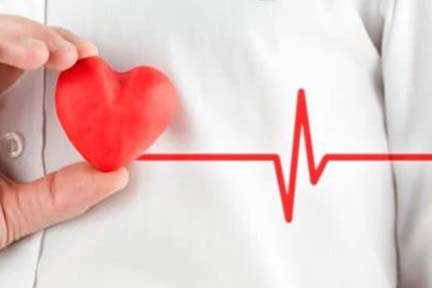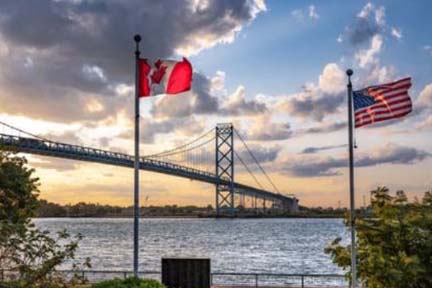
Whitmer Expands Access to Child Care

FOR IMMEDIATE RELEASE February 15, 2022 Contact: [email protected]
Governor Whitmer Expands The MI Tri-Share Child Care Program now covers 52 Michigan Counties
LANSING, Mich. – Today, Governor Whitmer announced the MI Tri-Share Child Care Pilot Program expansion
This innovative public private partnership works to increase access to high-quality, affordable child care for working families while helping retain and attract talent, Tri-Share now covers 52 counties in Michigan plus the City of Detroit.
“Expanding access to high-quality, affordable child care will
Each facilitator hub serves as an intermediary between employers, families and child care providers, and provides overall program management.
The new facilitator hubs include:
“The pandemic has only exacerbated the reality that without affordable child
Through Tri-Share, the cost of child care is shared equally by an eligible employee, their employer and the State of Michigan, with coordination being provided regionally by a facilitator hub.
“Almost a year after launching Tri-Share, we’re pleased to see that the program now covers nearly two-thirds of the state, and is continuing to grow tremendously with bipartisan support,” said Cheryl Bergman, CEO of the Michigan Women’s Commission. “The introduction of seven new pilot regions not only broadens the program’s breadth, but also meets the needs of more working parents and the businesses that seek to employ them.”
Since its launch in March of 2021, the Tri-Share program has gained tremendous momentum, garnering significant interest and a recent $800,000 investment by the W.K. Kellogg Foundation to help fund further expansion.
“The Tri-Share program is designed to address the current childcare crisis, making childcare more affordable for working families in St. Clair County,” said Dr. Kevin Miller, Superintendent of St. Clair County RESA. “We’ve been collaborating with our Economic Development Alliance (EDA), Michigan Works, and our business partners. Our RESA will be the Tri-Share ‘hub’ as we have the connection with county childcare providers through our Great Start Collaborative. The power of the Tri-share grant is the cost-sharing between the State of Michigan, the business community, and our hard-working families.”
“Families living in rural areas face unique child care challenges,” said Lyndsay Carey, Director of Early Childhood Education at Marquette-Alger RESA. “Tri-Share is a program that helps families, children and employers alike. We’re excited to welcome it to the Upper Peninsula where even more Michiganders can take advantage.”
“As a mother of two young children, age 5 and 2, I know firsthand how difficult it can be to navigate childcare costs and availability in our rural area,” said Jenna Smith, Mayor of the City of Marquette. “The expansion of the Tri-Share Program to the Upper Peninsula is a win worth celebrating. I’d like to offer sincere thank you to all involved.”
“Otsego County Economic Alliance is honored to be selected as a grant awardee of the MI Tri-Share Child Care Pilot program,” said Lisa McComb, Executive Director of Otsego County Economic Alliance. “We look forward to serving as a Regional Hub for our Northeastern Michigan employers, employees and childcare providers in Otsego, Ogemaw, Roscommon, Crawford, Oscoda and Montmorency counties. This innovative program will provide an opportunity to assist our communities in transitioning back to full-scale and growing our local economies.
“When affordability levers like Tri-Share are in place, we have more tools in our toolkit to provide the necessary resources to ensure that more families have help navigating the evolving work environment,” said Chana Edmond-Verley, CEO of Vibrant Futures. “We look forward to connecting more families and employers in Kent County to Tri-Share.
Details about the Tri-Share program, including current pilot regions and participating employers, can be found at michigan.gov/Tri-Share.
|




 As spring draws closer, Michigan anglers are encouraged to purchase a 2022 fishing license when they go on sale Tuesday, March 1. The new license season begins April 1, and the 2022 fishing licenses are valid through March 31, 2023. Licenses can be purchased at
As spring draws closer, Michigan anglers are encouraged to purchase a 2022 fishing license when they go on sale Tuesday, March 1. The new license season begins April 1, and the 2022 fishing licenses are valid through March 31, 2023. Licenses can be purchased at 
